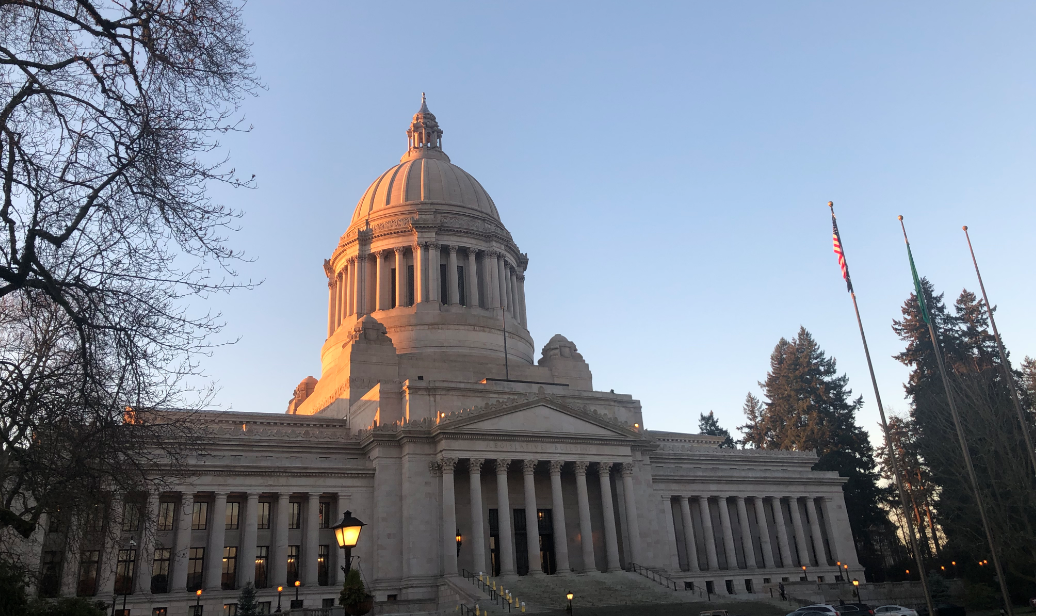Last week the House Health Care & Wellness Committee held a work session to discuss, among several topics, health care workforce development in the state. The meeting was one of 43 different committee meetings taking place in Olympia this week as part of “Committee Days.”
During the work session, a panel from the Washington Workforce Training & Education Coordinating Board and the UW Center for Health Workforce Studies provided legislators with an update on their work related to identifying and addressing the behavioral health workforce shortage in the state.

The Morning Wire: Keeping you informed on politics, policies, and personalities of Washington State.
During the 2019 session, the legislature granted funding to develop a workgroup to create recommendations for 5 “barrier areas” that limit the growth of the behavioral health workforce. The 5 key barriers are:
- Reimbursement and incentives for supervision of interns and trainees.
- Supervision requirements.
- Competency-based training.
- Licensing reciprocity or feasibility of interstate licensing compact.
- Background checks, including barriers to work related to an applicant’s criminal history or substance use disorder.
For the first phase of their work, the workgroup focused on barrier numbers 4 and 5.
During Thursday’s meeting, Julia O’Connor, behavioral health policy analyst at the Workforce Training & Education Coordinating Board, presented the workgroup’s draft recommendations for addressing licensing reciprocity.
Licensing for behavioral health professionals is governed by individual states. This creates a patchwork of different educational, training, and experience requirements depending on location. This also creates barriers for individuals who have an out-of-state license, but are looking to gain licensure in Washington.
A bill passed by the legislature in 2019 (SB 5054) directs the Department of Health (DOH) to establish a reciprocity program for psychologists, chemical dependency professionals, mental health counselors, social workers, and marriage and family therapists. The bill also requires the DOH to maintain and publish a list of states with substantial equivalency in licensing requirements. The workforce recommends that the DOH add all credentialed or licenced behavioral health professions as part of their work in implementing this bill.
The workgroup also recommends expanding that list of states with substantial equivalency and identifying states with successful behavioral health profession interstate compacts.
O’Connor also presented draft recommendations for addressing the barriers from entering and remaining in the BH workforce due to background checks.
She notes that while background checks are critically important to ensure the safety of those in behavioral health treatment, they can also limit potential new members of the workforce.
“There are significant concerns that potential behavioral health professionals or paraprofessionals may be excluded unnecessarily from providing services due to criminal or substance use history, and that patients may not be able to access culturally-responsive care,” said O’Connor.
The workgroup recommends researching best practices for standardized background check use, identifying where background checks disproportionately impact certain BH provider demographics and populations, and exploring the creation of a central background check unit.
The phase I recommendations for these two barriers will be submitted next month. The workgroup will then start phase II and evaluate the first three barriers. Their phase II work will also culminate in a report and subsequent recommendations.
Your support matters.
Public service journalism is important today as ever. If you get something from our coverage, please consider making a donation to support our work. Thanks for reading our stuff.



